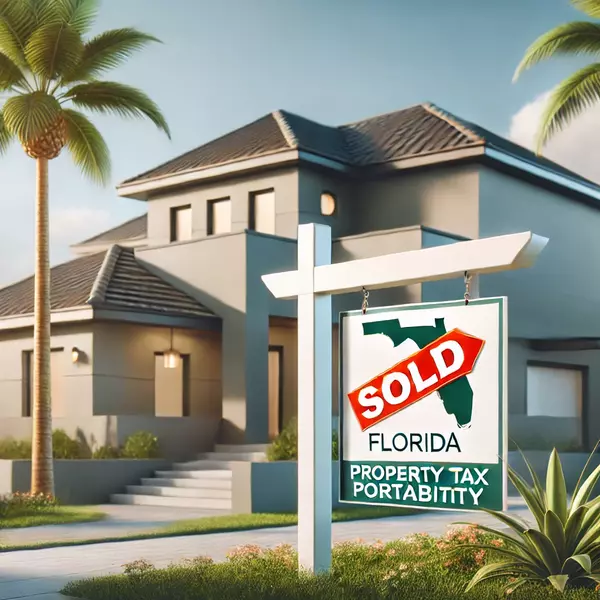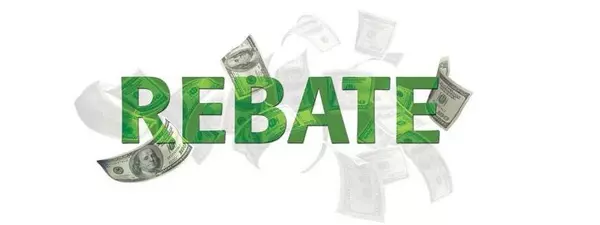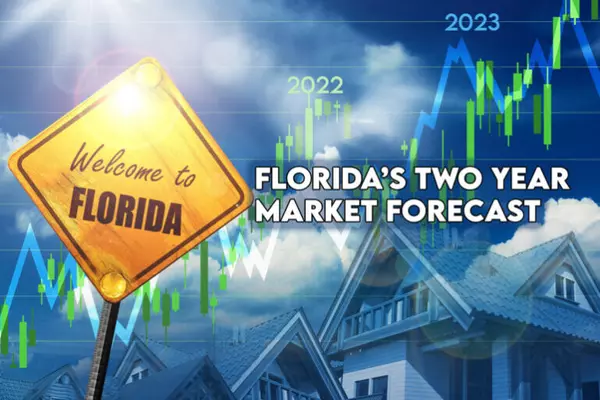Understanding Earnest Money: Risks, Refunds & Real Estate Rules


An Earnest Money Deposit (EMD) is a good faith deposit that a buyer makes when submitting an offer on a home. It shows the seller that the buyer is serious about purchasing the property.
Key Points About Earnest Money Deposits:
- Amount: Typically 1% to 3% of the home’s purchase price, but it can vary based on local market conditions and negotiations.
- Held in Escrow: The funds are usually held by a neutral third party, such as a title company or real estate brokerage, until closing.
- Goes Toward Closing Costs: If the deal goes through, the earnest money is applied toward the buyer’s down payment or closing costs.
- Refundable in Some Cases: If the buyer backs out due to contingencies (like inspection, financing, or appraisal issues), they may get the deposit back.
- Forfeited if Buyer Defaults: If the buyer walks away without a valid reason per the contract, the seller may keep the deposit as compensation for lost time.
The Earnest Money Deposit (EMD) plays a role in different loan types, but how it’s handled can vary based on loan requirements, contingencies, and buyer qualifications. Here’s how it applies to different loan scenarios:
1. Conventional Loans
- EMD is typically credited toward the down payment or closing costs at closing.
- If the buyer has a low down payment, the lender will still require proof of sufficient funds to cover both the down payment and closing costs.
- If using gift funds, some lenders allow EMD to be reimbursed from a gift after verification.
2. FHA Loans (3.5% Down Payment)
- The earnest money deposit can be applied toward the 3.5% down payment or closing costs.
- If the buyer has limited cash, they may negotiate seller concessions to cover other closing costs.
- The lender will verify seasoned funds (money in the bank for at least 60 days) for EMD to ensure it’s from an acceptable source.
3. VA Loans (0% Down Payment for Eligible Veterans & Service Members)
- VA loans do not require a down payment, so the EMD is usually applied to closing costs or refunded if seller concessions cover those costs.
- The VA loan allows the buyer to recover the earnest money if they negotiate for 100% seller-paid closing costs.
- If the VA appraisal (Tidewater process) comes in low, the buyer may walk away and get their EMD refunded.
4. USDA Loans (0% Down for Eligible Rural Areas)
- Similar to VA loans, the EMD is typically used for closing costs since no down payment is required.
- If the seller covers closing costs, the buyer may recover the EMD at closing.
- USDA loans have strict appraisal requirements—if the home doesn’t meet them and the deal falls through, the EMD is refundable.
5. Bank Statement & Non-Traditional Loans (For Self-Employed Buyers, Investors, etc.)
- Lenders may require the EMD to be from verified personal or business funds.
- If a buyer uses alternative income verification (e.g., bank statements), they must prove they have enough liquid assets to cover the EMD and closing costs.
- Investors using DSCR (Debt-Service Coverage Ratio) loans may use rental income projections, but the EMD still comes from their verified funds.
6. Down Payment Assistance (DPA) Loans
- Some DPA programs allow earnest money to be reimbursed at closing, but this depends on program guidelines.
- If the buyer lacks funds for EMD, some programs offer grants or seller credits to cover it.
- The DPA approval process must be completed in time to avoid contract delays.
7. Short Sales & Foreclosures
- Short sales often require a non-refundable earnest money deposit until the bank approves the sale.
- Foreclosures (especially HUD homes) may have strict EMD requirements and no refunds if the buyer backs out.
Protecting Your Earnest Money Deposit
To avoid losing your EMD, always:
✅ Include contingencies (inspection, financing, appraisal, etc.).
✅ Work with a realtor who negotiates favorable terms (Tim Lee is great at this!).
✅ Get loan pre-approval (Glenda Lee can handle last-minute pre-approvals!).
Reach out if you need more info at: 321-689-2420. #Buyers #Sellers #loans
Categories
- All Blogs (22)
- Best Deal (2)
- Builder (2)
- Buyers (2)
- COVID-19 (1)
- Divorce (1)
- Down Payment (4)
- Earnest Money Deposit (1)
- EMD (1)
- Experienced Loan Officer (1)
- Extra money, Making Money, Money, (2)
- First Homebuyer (3)
- First Time Home Buyers (7)
- Florida (6)
- Florida Market (1)
- Hiring A Realtor (1)
- House (5)
- Housing (1)
- How To (3)
- List my Home (2)
- Listing (1)
- Loan (1)
- Loan Officer (3)
- Money (1)
- Mortgage (2)
- New Construction (1)
- Orange County Down Payment Assistant (1)
- Owning A House (3)
- Preapproved (4)
- property tax (1)
- Purchasing First Home (3)
- Real Estate (6)
- Real Estate Agent (2)
- Realtor (3)
- Refinance (1)
- Sell My Home (1)
Recent Posts











